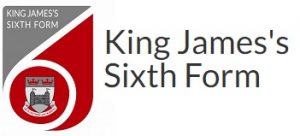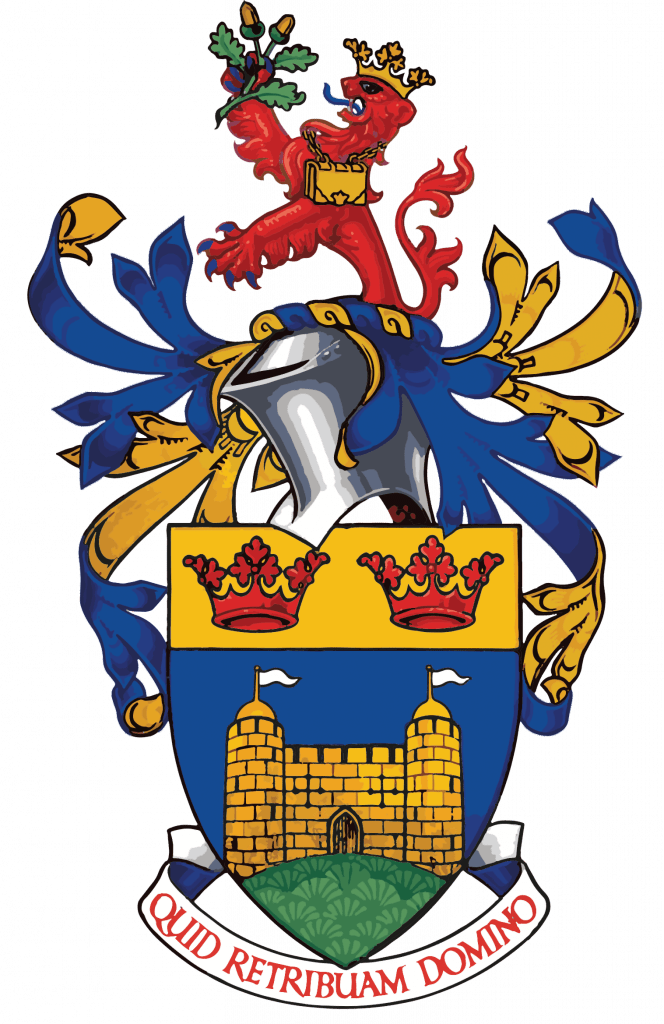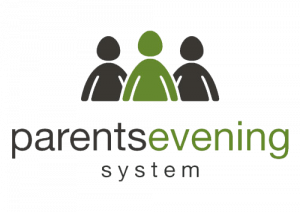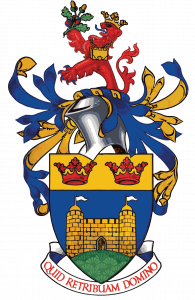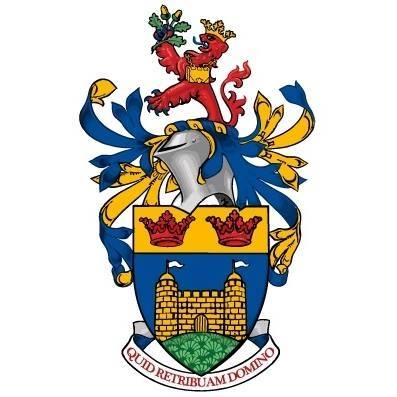History
As well as an insight into the past, and therefore a greater understanding of the present, A Level History aims to provide students with analytical skills which can be applied in many varied contexts. A good historian will learn to understand, appreciate and evaluate different perspectives and interpretations. They will also learn to think independently, develop their own arguments and justify their opinions with both evidence and reason.
England 1445-1509
Lancastrians, Yorkists and Henry VII
The major focus is the instability in the War of the Roses caused by the weakness of Henry VI. We examine how both Edward IV and Richard III seized the throne. We finish by examining the growth of political stability under Henry VII.
Russia 1894-1941
Students examine the rule of Tsar Nicholas II and how the reign of the last Romanov was ended in the revolutions of 1917. The course then moves on to Lenin and the Civil War and the dawning of a different era in Russian History.
Rebellion and Disorder under the Tudors
1485–1603
What caused these rebellions? How great a threat were they? How do they link to the political, religious and economic events of the time?
Historical Investigation
This unit provides an opportunity to research a topic of your own choosing. For the first time in your school career you will take control of what you study. You will choose a topic that interests you and, with help from your teachers, come up with a question that interests you and will extend your knowledge and skills. It is an opportunity not to be missed.
To get started
Successful A Level history students will combine a thirst for knowledge with an inquisitive and questioning mind. They will be excited by unravelling the mysteries of the past. They should be willing to read around the subject and must enjoy challenging ideas and developing their own arguments. Ideally they should enjoy the process of writing essays, embracing them as opportunities to develop an analytical response to a complex issue. Above all a good historian is someone who wants to ask “why?”
Exam and Assessment Information
OCR
British period study and enquiry:
1 hour 30 minute paper – 25%
Y105 England 1445–1509: Lancastrians, Yorkists and Henry VII
(Enquiry topic: Wars of the Roses 1445–1461; source based.)
Non-British period study: 1 hour paper – 15%
Y219 Russia 1894–1941
Thematic study and historical interpretations: 40%
Rebellion and Disorder under the Tudors 1485–1603
Topic-based essay: (unit Y100) – 20%
Students will complete a 3000–4000 word essay on a topic of their choice, which may arise out of content studied elsewhere in the course.
What Next?
History is easily combined with a number of subjects at King James’s School and beyond, including Government and Politics, English Literature, Philosophy, Geography and Psychology. However, a large number of students also combine History with Mathematics and Sciences as the use of evidence, logical thinking and academic approach are very similar. Careers which follow from a degree in History are hugely varied, including Law, (98% of barristers/lawyers have History A Level at least, and many a degree), Journalism, Business Management (10% of the directors of FTSE 100 companies have History degrees), Education, Research, Public Relations, Politics, the Civil Service, the diplomatic services and consultancy. However, as a highly valued academic discipline a strong History degree opens many surprising doors in unexpected areas.
